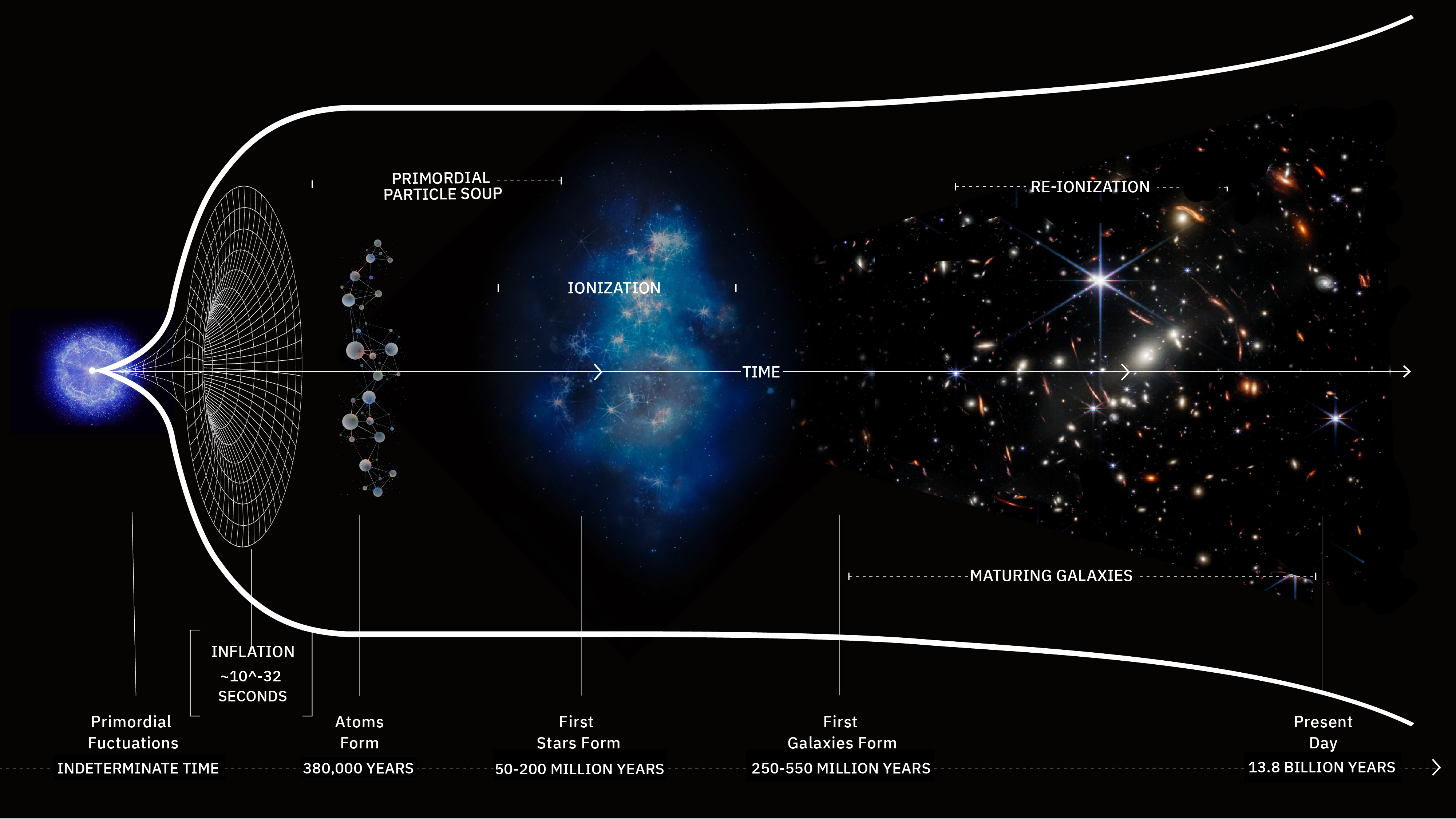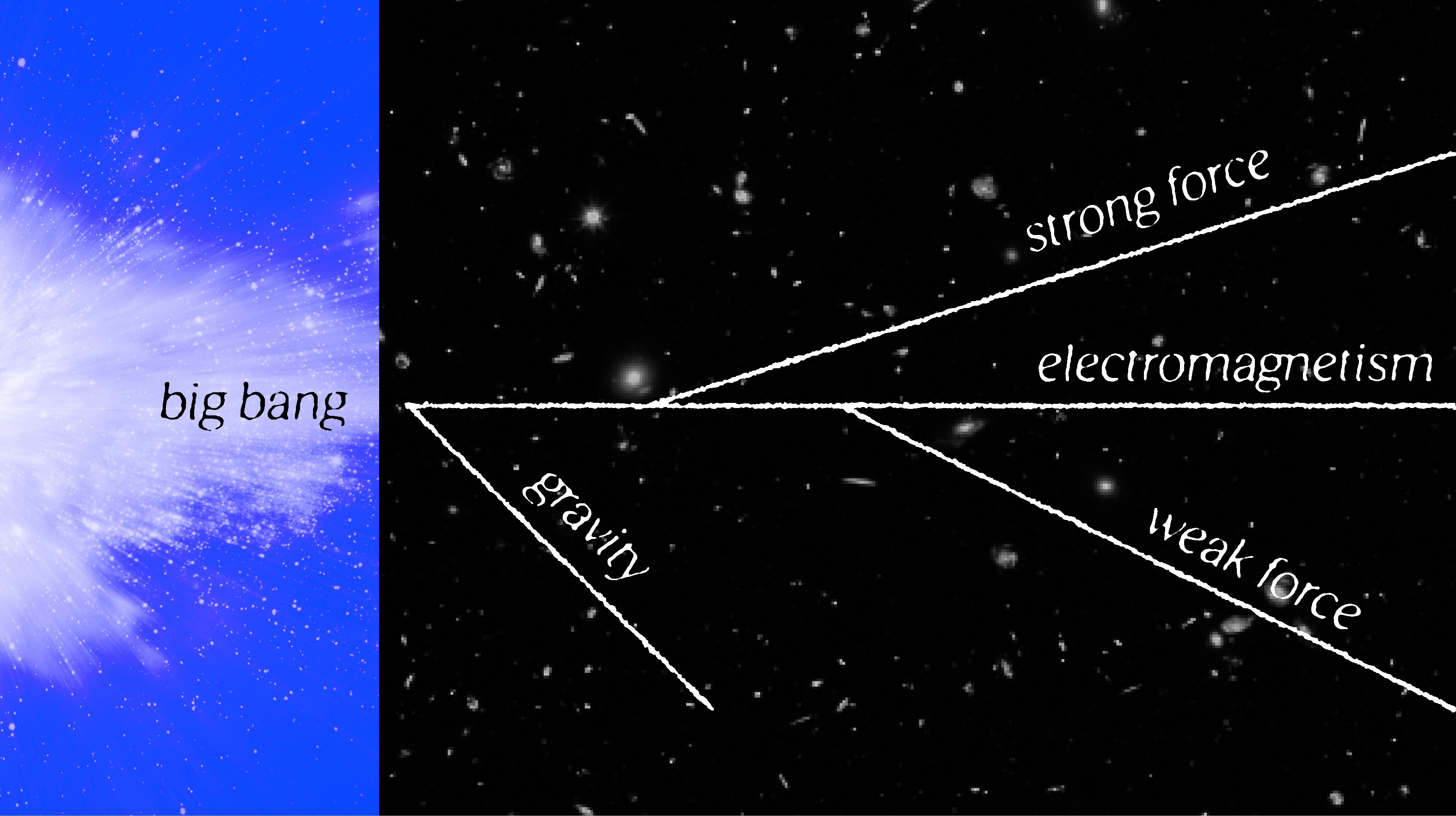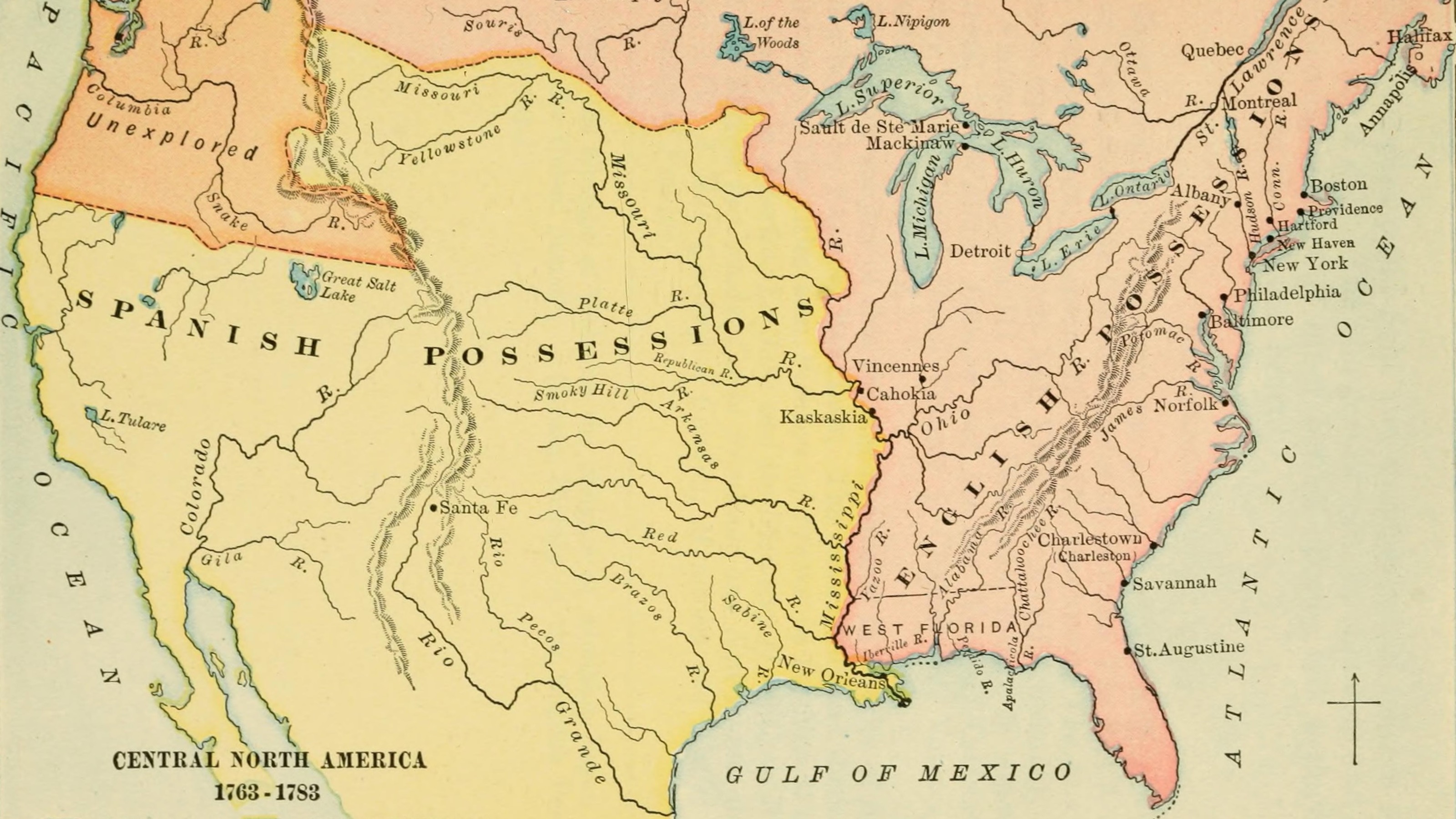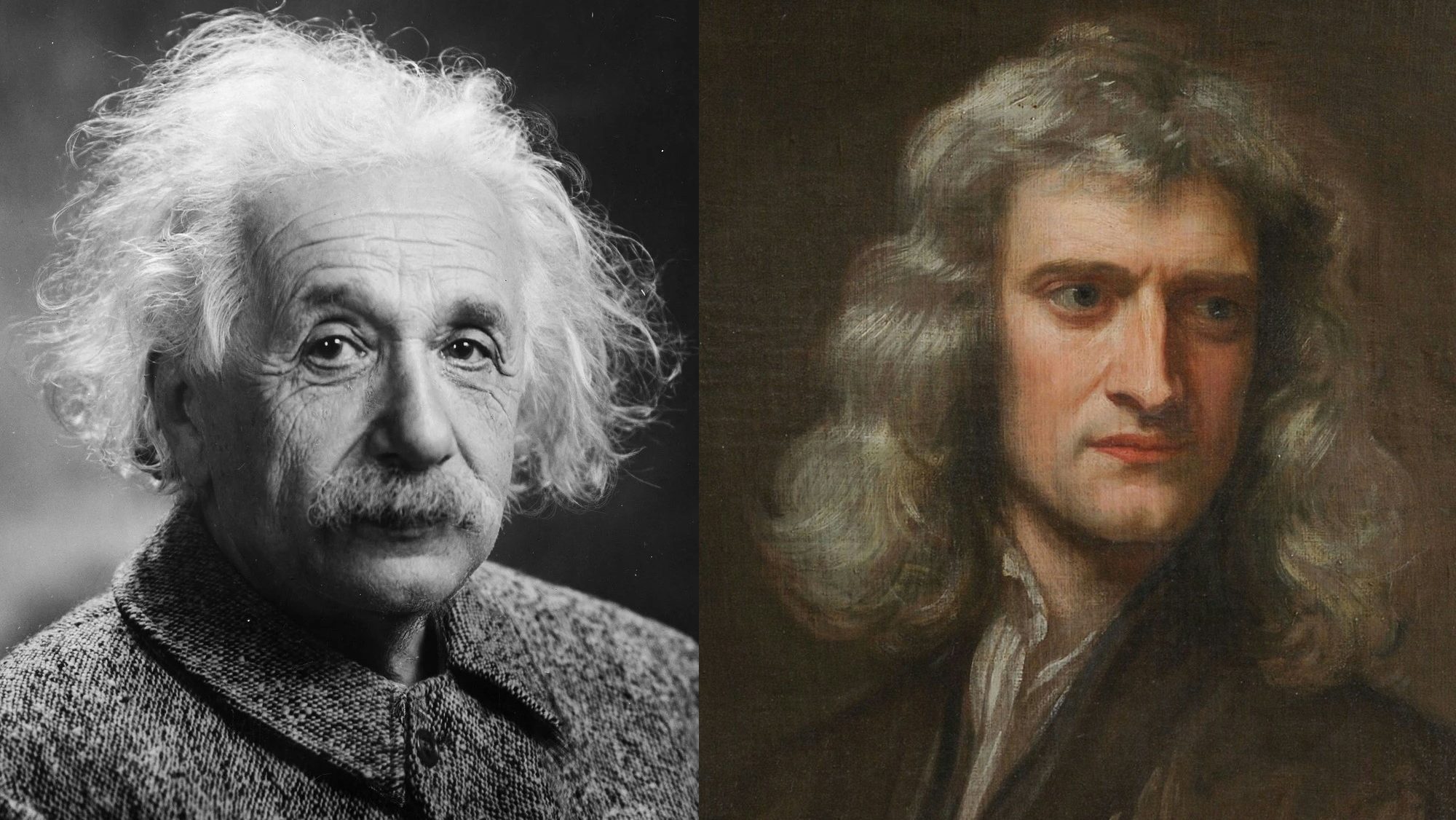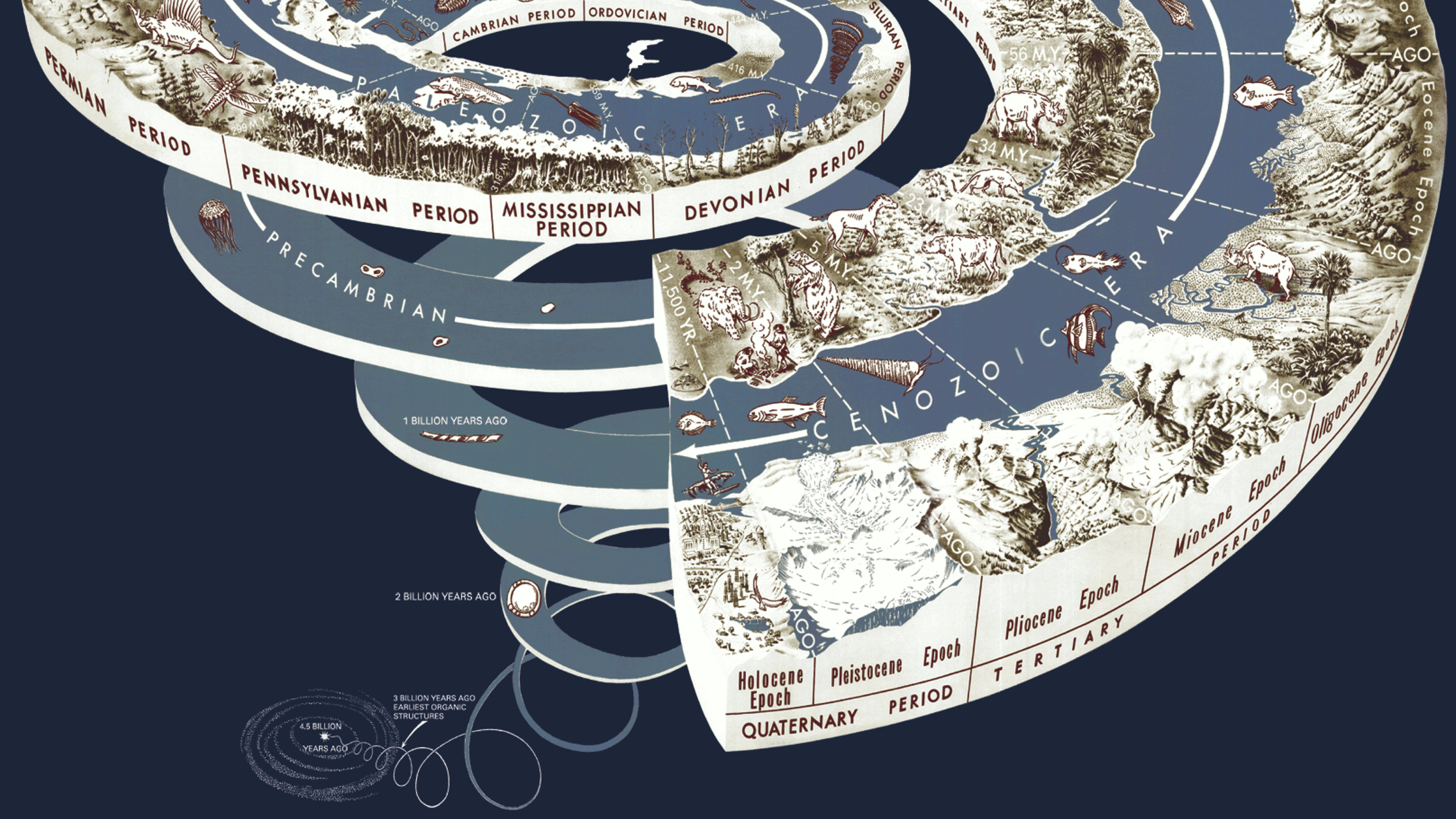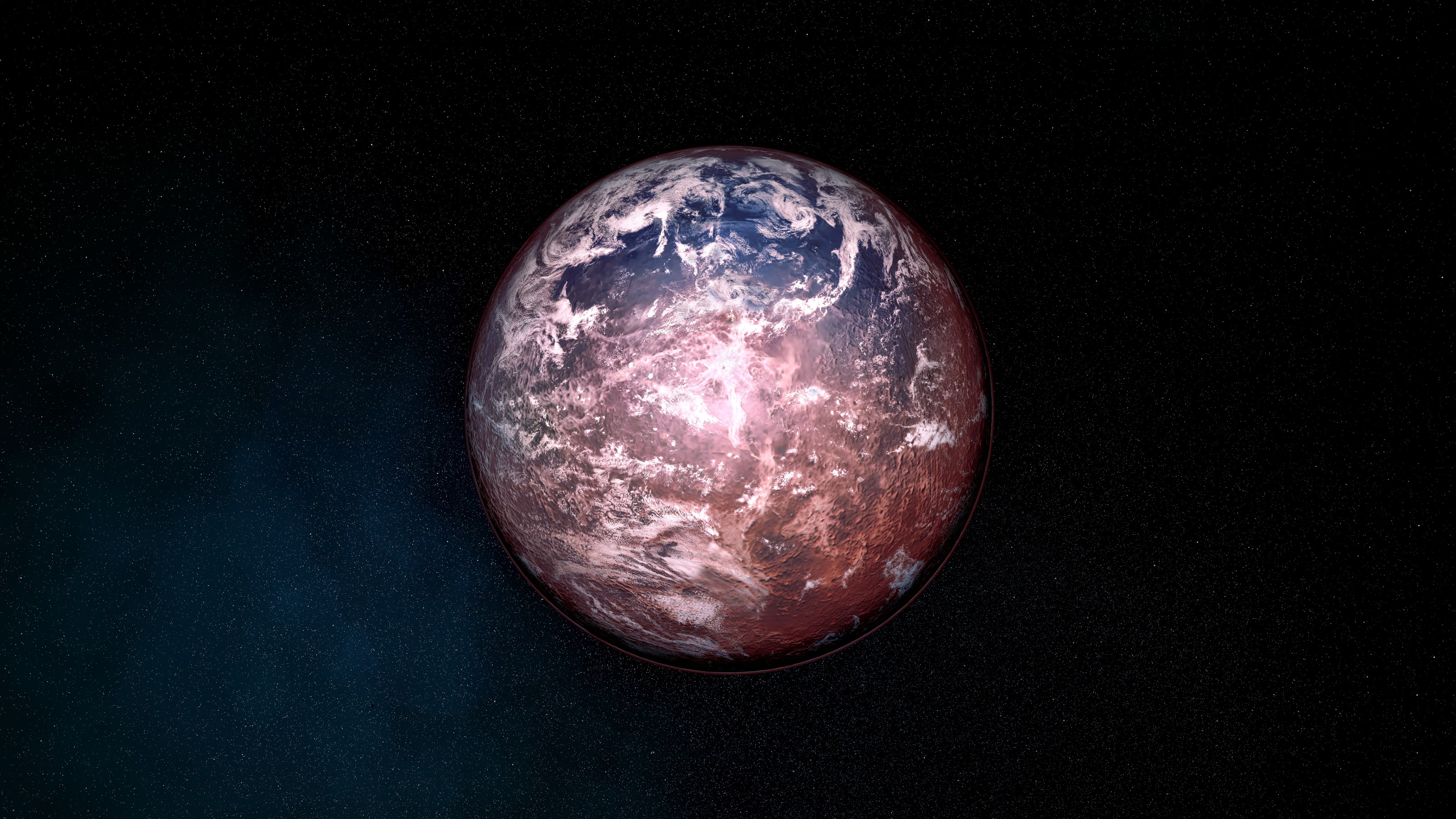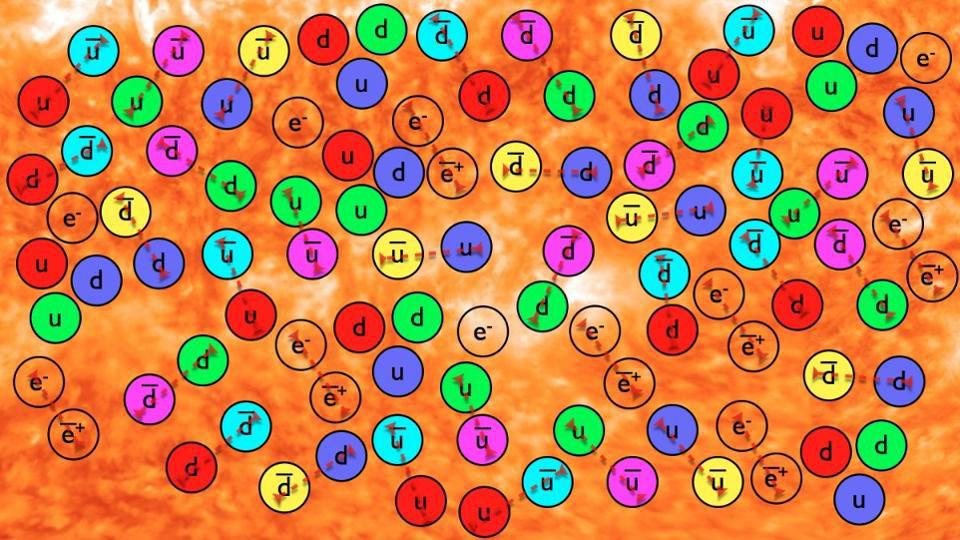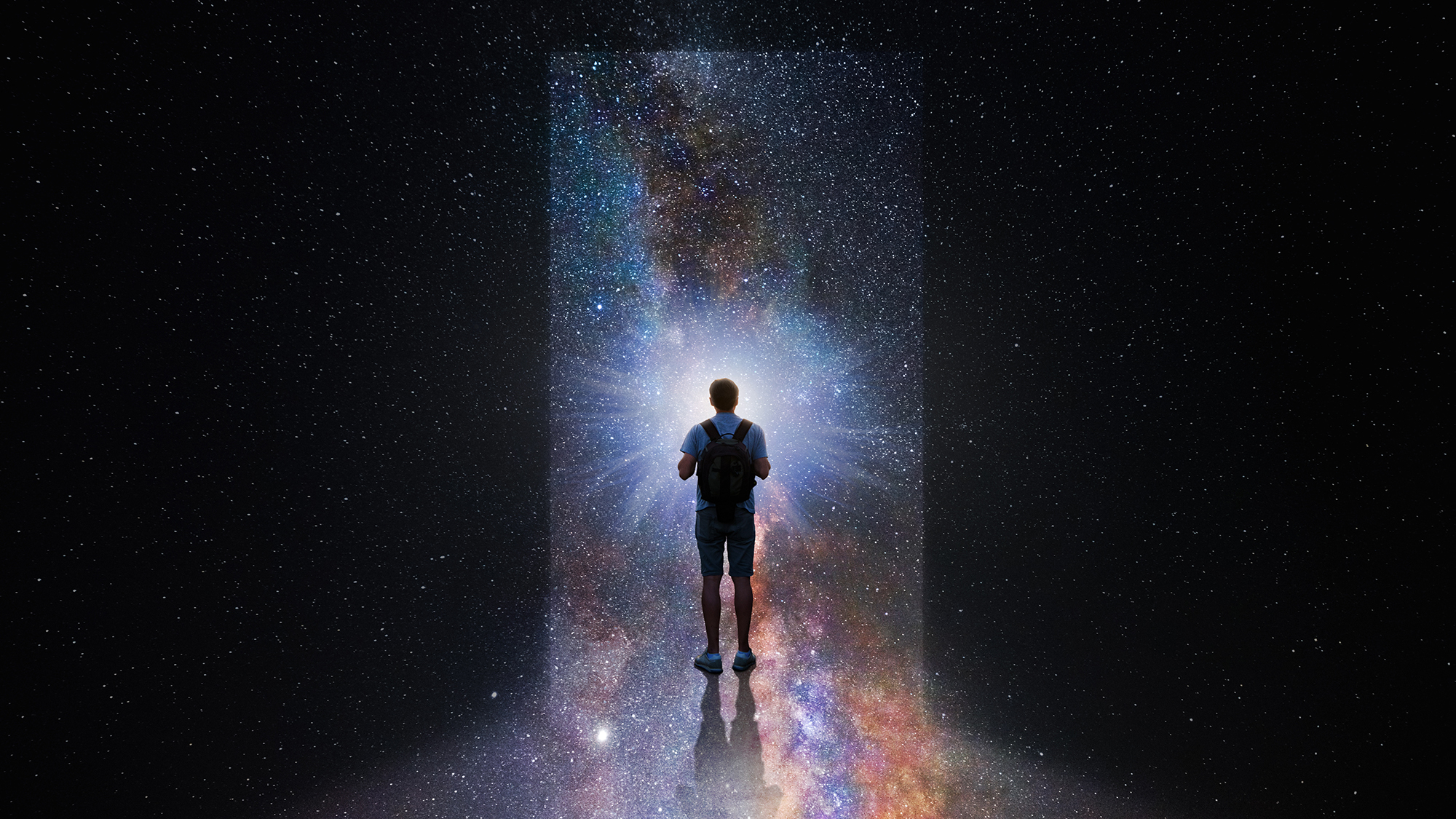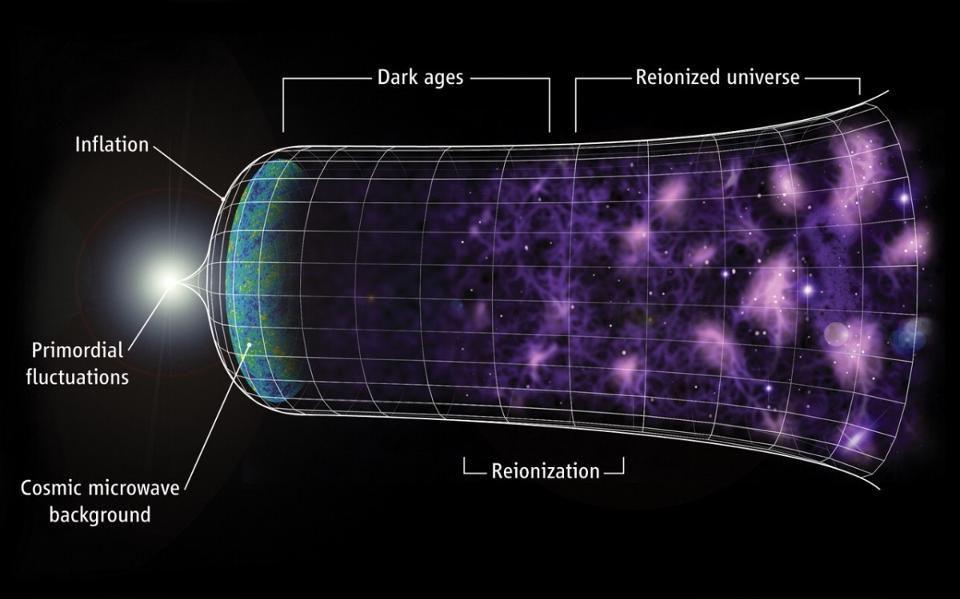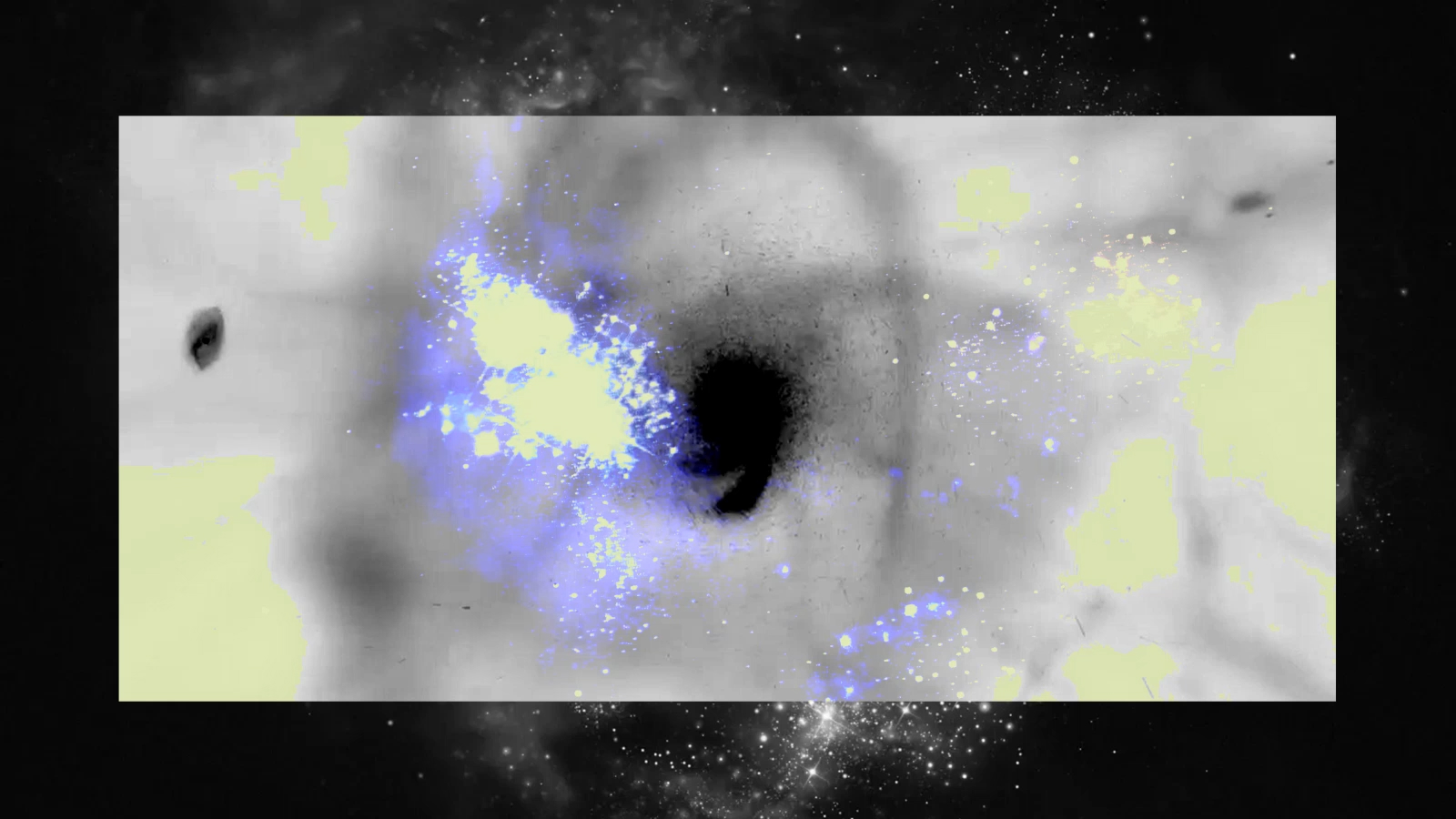Some 13.8 billion years ago, the Universe became hot, dense, and filled with high-energy quanta all at once. Here’s what it was like.
Search Results
You searched for: Imagin today
Take a hint from Einstein and Mozart — unplug and make peace with some degree of failure.
In ancient Rome, collective bathing was the norm. In the West today, it’s the exception — and that’s too bad.
The recent discovery of a large cave on the Moon highlights the importance of caves not just for future space explorers but astrobiology as well.
The former Nintendo president has become synonymous with the backlash against layoffs — because, like a great leader, he focused on lifting people.
The problem of the electroweak horizon haunts the standard model of cosmology and beckons us to ask how deep a rethink the model may need.
The technology is not a replacement for human labor — it’s a way to complement existing human tasks.
The global extent of the Revolutionary War surprises many Americans today — but it was crucial to independence.
When leaders connect enterprise ambition with the driving spirit of activism, everyone wins.
From the laying out of the body plan to the organization and functioning of our nervous system, cells rule gene expression and make us who and what we are.
It’s literally the one and only trick that separates top-notch physicists from crackpots, dropouts, and those who can’t cut the mustard.
Humanity can avoid catastrophe — if we look beyond our blinkered present.
Fire was crucial to the evolution of human technology. That’s why alien species stuck in the “oxygen bottleneck” may be forever primitive.
You can only create or destroy matter by creating or destroying equal amounts of antimatter. So how did we become a matter-rich Universe?
The chances that a newborn survives childhood have increased from 50% to 96% globally.
The Universe is grand, awe-inspiring, and greater than we likely imagine. Even astrophysicists get anxious thinking about it, but we cope.
Just like with AI, people worried about job security and the spread of disinformation. Machines were destroyed and book merchants were chased out of town.
If the Universe is expanding, and the expansion is accelerating, what does that tell us about the cause of the expanding Universe?
One reason saving is hard: We tend to view our “future selves” as complete strangers, and our decisions in the present moment reflect that.
Since 2012, the amount of time that teenagers spend socializing in person has plummeted. Is it a coincidence that depression is more common?
After almost a century in print, “How to Win Friends and Influence People” still has lessons to teach us.
We will become billions of people who share a single vast intellect.
Even after the first stars form, those overdense regions gravitationally attract matter and also merge. Here’s how they grow into galaxies.
The stench of death is actually fairly pleasant.
In the earliest stages of the hot Big Bang, equal amounts of matter and antimatter should have existed. Why aren’t they equal today?
For thousands of years, we puzzled at how far away the Moon was. Today we know its distance, at any time, to within millimeters.
Using peach and eggplant emojis as shorthand for sex may seem like a new thing, but Renaissance artists were experts at using produce to imply intercourse.
We got lucky with our evolutionary history.
It is wrong to think that these three statements contradict each other. We need to see that they are all true to see that a better world is possible.
